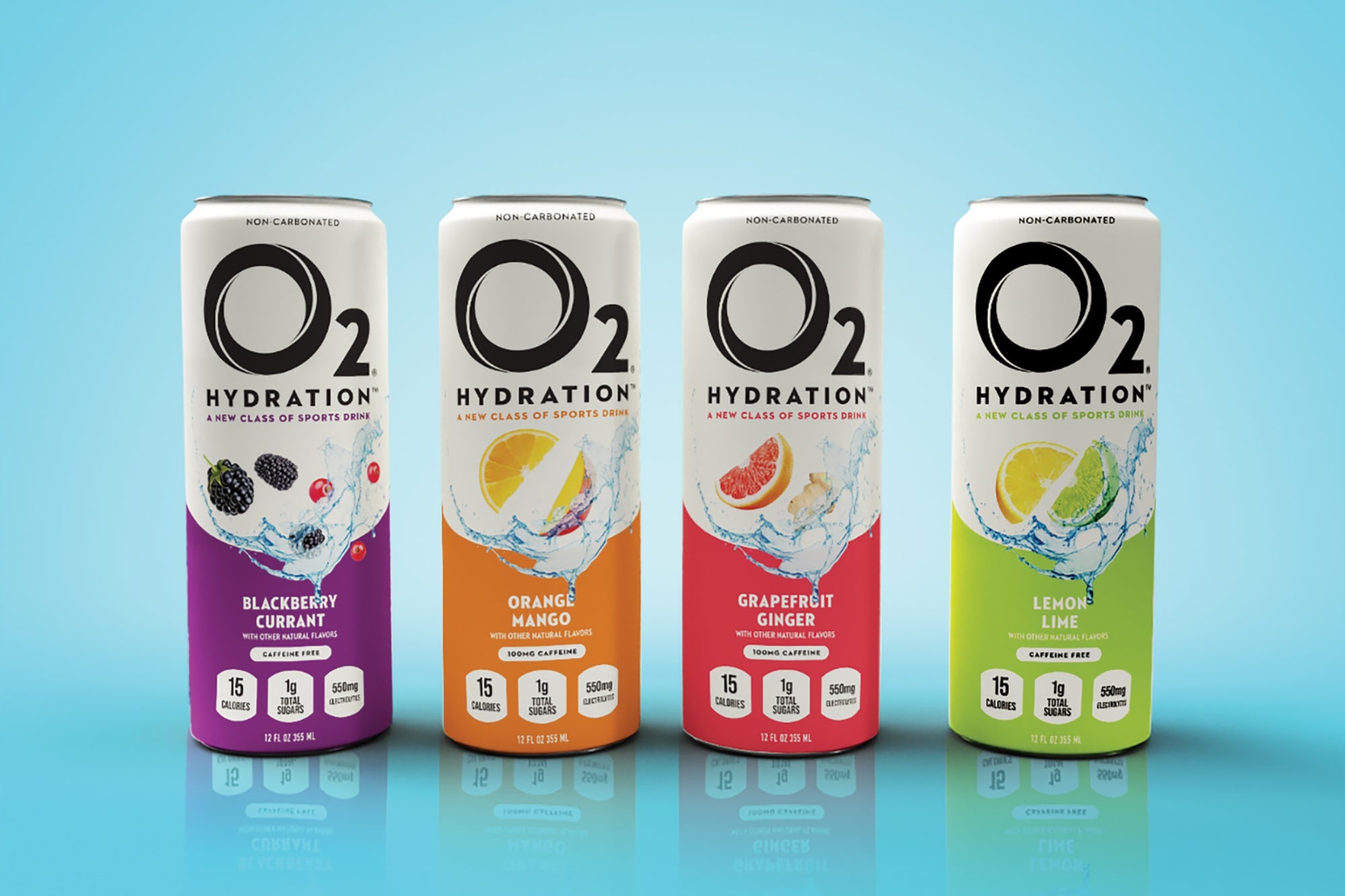How Dwolla Disrupted the Digital Payment Industry About 250,000 people use Dwolla, a payment network that charges just 25 cents for transactions of $10 or more. Dwolla's transactions on pace to total $1 billion in 2013.
Opinions expressed by BIZ Experiences contributors are their own.
Ben Milne didn't set out to disrupt the U.S. online and mobile payment infrastructure. But when he founded Dwolla--a payment network that charges just 25 cents for transactions of $10 or more--that's exactly what happened. Today about 250,000 people, businesses and financial institutions use Dwolla, with transactions on pace to total $1 billion in 2013. Earlier this year the Des Moines, Iowa-based company raised $16.5 million in Series C funding and opened its fifth office, in San Francisco.
Milne, Dwolla's CEO, talked to us about his motivation, fundraising and when he realized he was onto something huge.
I was running an e-commerce company based in Newton, Iowa, that was making $1.5 million in revenue. And I was really upset that the company's credit card interchange fees were $55,000 a year. That's more than a lot of people pay in rent for commercial property; $55,000 a year is a really good manager to run a shop in Iowa, or a new product line.
When we started Dwolla in 2008, all we really cared about was allowing anybody with internet access to exchange money without paying interchange fees. We didn't really know until later that the U.S. market size for this was in the hundreds of trillions.
It took me about two years before launching Dwolla to figure out how to legally do it and get into the marketplace and raise the first chunk of money. Our first handful of angel investors put $200,000 into the company. My second attempt at fundraising did not go so smoothly. But I had enough immediate gratification from people I respected that I thought, OK, I'm all in.
When we closed our $1 million Series A round in November 2010, there wasn't a lot of certainty about whether Dwolla would work. I remember thinking, If we can get 20,000 account holders, this thing could be great.
In early 2012 we ended up raising a $5 million Series B round led by Union Square Ventures. When Union Square invested in us, banks began taking Dwolla more seriously. We realized the outside world beyond downtown Des Moines saw what we were doing as valuable.
At the time, we were processing hundreds of millions of dollars in transactions a year. We saw how far we had to grow, but when people heard about those numbers, their reaction was, "You've got to be kidding me."
Not long after, hundreds of venture capitalists began reaching out to us--simultaneously. In about 90 days we went from wondering how we were going to pull together our next financing round to getting meetings with investors we thought would be a good fit for the company. We were able to close our Series C round with really good terms and keep the company headquarters in Iowa, which was one of our priorities.
That validation made us realize we could take this a hell of a lot further and do something really substantial. Our goal is to build a big, ubiquitous, accessible payment network that's available anywhere the internet is available. It doesn't matter whether you're in San Francisco, Seattle, Des Moines, Omaha or Bangladesh.
If you have access to the internet, you should be able to access your money and exchange it with somebody else.
I'm not as interested in unseating the existing incumbents as I am in removing inefficiencies. When payments went from paper to digital, it was still the same systems doing the work.
And that is just silly. Money is basically data. We should be able to exchange it without paying huge fees. When I saw the opportunity to replace this infrastructure with something newer, safer, better, faster, I thought, Why not?
--As told to Michelle Goodman












